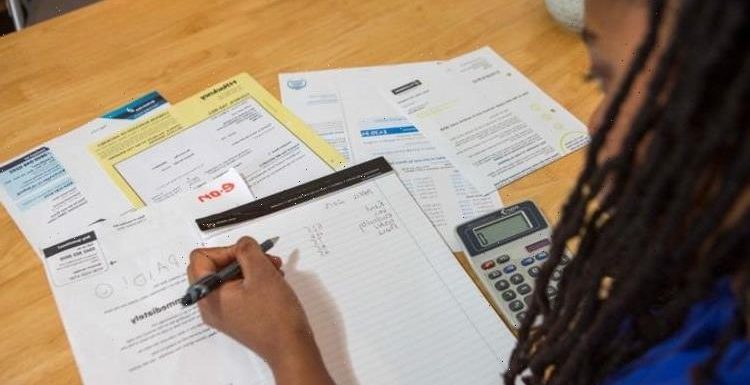
Energy crisis: Woman has to starve in order to stay warm
We use your sign-up to provide content in ways you’ve consented to and to improve our understanding of you. This may include adverts from us and 3rd parties based on our understanding. You can unsubscribe at any time. More info
Octopus Energy’s Greg Jackson argues that spreading the cost of high gas prices over a number of years is the best way to deal with price spikes. In an email to his customers, he said it was the only option able to “make a real difference to all customers”. Mr Jackson believes that spreading the cost over a longer period of time would protect consumers by helping them avoid exorbitant increases to their energy bills
This comes as the ongoing energy crisis has seen multiple firms thrust into administration across the UK.
Coupled with the rapidly plummeting winter temperatures, household energy bills are set to rise in the coming months.
Ofgem is expected to announce in early February that the Energy Price Cap will rise again on April 1, 2022.
Costs could rise by as much as 50 percent for some households, according to statistics from trade body EnergyUK.


Analysts have warned that the UK’s energy price cap looks likely to rise by more than £700 in April.
In the email, Mr Jackson wrote: “Spreading the cost of this sudden spike over several years will allow us to make the imminent April rise much, much smaller – more like £12 per month – and adjust prices to gradually cover the cost over time.”
Energy experts suggest Europe could face electricity blackouts over the coming months if average temperatures fall.
According to analysts at the investment bank Goldman Sachs, while Europe has enough gas supplies stored up to get through winter, a drop in temperature could see storage levels fall to record lows.

They also warn that these problems could continue into 2025, saying: “The high energy prices seen in recent months are not necessarily a one-off.”
Experts have discussed a number of viable options, including scrapping the 5 percent VAT set before the UK left the EU.
Other options include increasing the Warm Homes Discount that is offered to people in receipt of certain benefits and shifting the green levies – which fund renewable energy projects – from bills into general taxation.
Others have suggested that the government should offer loans to energy companies that they can then pay back over the next few years.
DON’T MISS
Boris on brink: Red Wall poll signal end of the road for PM [POLL]
EU Galileo blow as UK’s OneWeb network signs major deals [REPORT]
EU helpless over Russia thanks to Merkel as Biden poised to step in [INSIGHT]


However, this option is controversial, with the boss of Britain’s biggest energy provider, Centrica, saying he wasn’t in favour of the move, believing it would amount to a “bailout” for the sector.
Octopus Energy’s Mr Jackson told customers there were a number of options to finance such an option.
He said: “Private funding can be found for deferring these costs which means we may be able to do it without Treasury funding.
“Of course, that may be an option too”.
A harsh winter would lead to an increased demand for fuel to stay warm, and may lead to record lows worse than those seen in 2018.
Source: Read Full Article